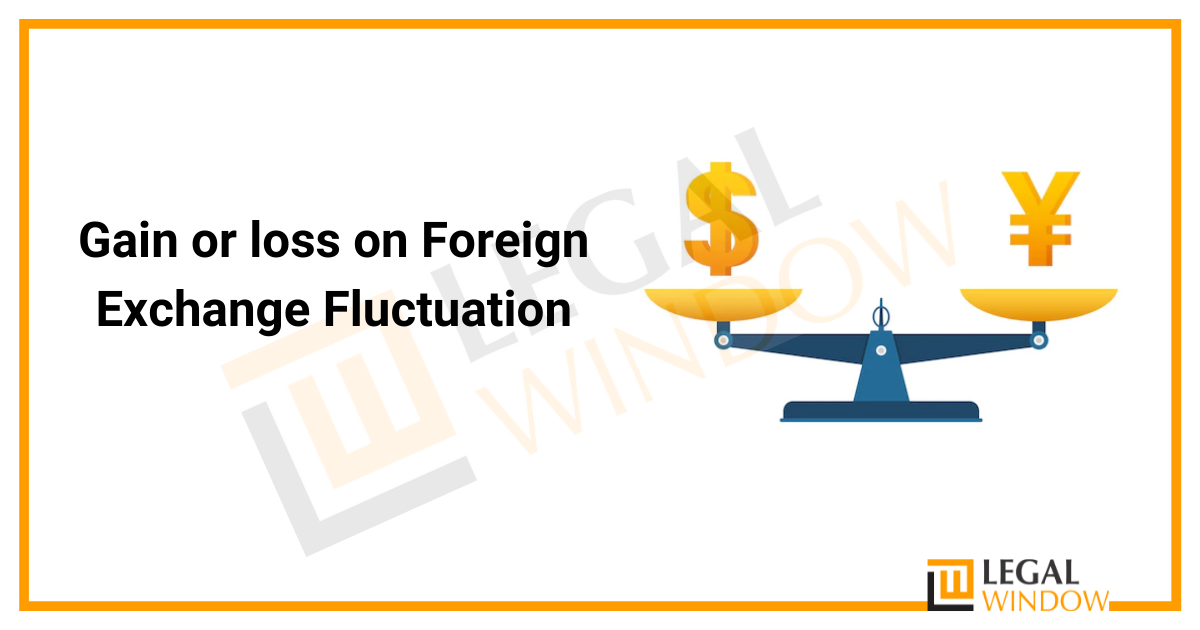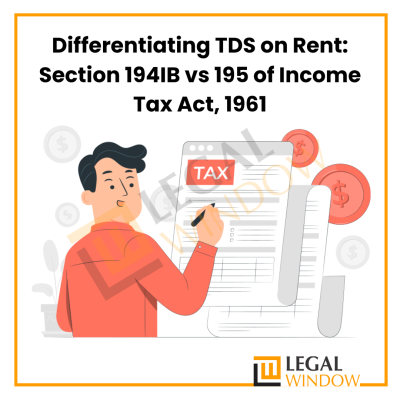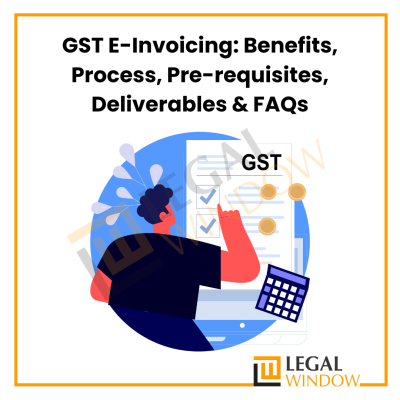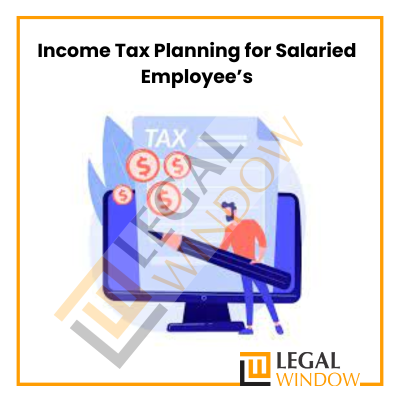
The rate of change of the value of the currency in a country is usual event that takes place due to floating exchange rates; this is the case for the majority of big economies. Exchange rates are influenced by a variety of variables, such as a country’s economic performance, inflation expectations, interest rate differentials, capital flows, and so on. This article aims to determine Gain or Loss on Foreign Exchange Fluctuation and also to find a solution to the question that whether the profit or loss incurred by an assessee due to a change in the value of foreign currency will act as a capital asset that was liable to act as capital in nature or not?
| Table of Content |
Foreign Exchange Changes under Gain or loss on Foreign Exchange Fluctuation
Currency swings are an unavoidable result of floating exchange rates, which are the norm in the majority of large economies. Exchange rates are influenced by a variety of variables, including a country’s economic performance, inflation expectations, interest rate differentials, capital flows, and so on. The strength or weakness of the underlying economy often determines the exchange rate of a currency. As a result, the value of a currency might change from one moment to the next. As a result it can be defined as changes in the value of money.
Laws determining Gain or loss on Foreign Exchange Fluctuation
The laws which determine Gain or loss on Foreign Exchange Fluctuation are mentioned below:
- Section 4 of Income Tax Act, 1961: Where any Central Act provides that income-tax will be charge at any rate or rates for any assessment year, income-tax at that rate or rates shall be charged for that year in accordance with, and 1 subject to, the provisions (including provisions for the levy of additional income-tax) of this Act in respect of every person’s total income for the previous year:Provided, however, that where income-tax is to be charged under any provision of this Act in respect of income from a period other than the previous year, income-tax shall be charged accordingly.Income Tax Department shall deduct the tax at the source or paid in advance in respect of income chargeable under sub-section (1), where it is so deductible or payable under any provision of the Act.
- Section 28 of Income Tax Act, 1961: The following income is taxable under the heading “Profits and gains of business or profession”:
- The profits and gains of any business or profession carried on by the assessee at any time during the previous year;
- Any payment or other compensation due to or received by,-
- Any person, managing the entire or substantially the entire affairs of an Indian company, at. Or in connection with the termination of his management or the modification of the terms and conditions relating thereto;
- Person, managing the entire or substantially the entire affairs of a public company, at. Or in connection with the termination of his management or the modification of the terms and conditions relating thereto;
- Any person, who holds an agency in India for any part of the activities relating to the business of another person, at. Or in connection with the termination of the agency or the modification of the terms and conditions relating thereto;
- Any person, for or in connection with the vesting of management of any property or business in the Government. Further, any corporation owned or controlled by the Government, under any law currently in force.
- Sub-clauses of Section 28 of the Income Tax Act, 1961: The sub-clauses mentioned in the Section 28 of the Income Act, 1961 also determine the loss and gain on foreign exchange fluctuation. The sub-clauses are mentioned below:
- Sub-clause (iii) – Income derived by a trade, professional, or similar association from specific services rendered to its members.
- Sub-clause (iii) (a) – Profits from the sale of a licence granted under the Imports (Control) Order, 1955, made under the Imports and Exports (Control) Act, 1947 (18 of 1947).
- Sub-clause (iii) (b) – Cash assistance received or receivable by any person against exports under any Government of India scheme.
- Sub-clause (iii) (c) – Any customs or excise duty repaid or re-payable to any person as a drawback against exports under the Customs and Central Excise Duties Drawback Rules, 1971.
- Sub-Clause (iv) – The value of any benefit or perquisite derived from business or the practise of a profession, whether convertible into money or not;
- Sub-Clause (v) – Any interest, salary, bonus, commission, etc., due to or received by a partner of a firm. Provided, that where any interest, salary, bonus, commission, or remuneration, or any part thereof, has not been allowed to be deducted under clause (b) of Section 40, the income under this clause shall be adjusted to the extent of the amount not so.
- Section 263 of Income Tax Act, 1995: According to this section, the Commissioner may ask for and examine the record of any proceeding under this Act. Moreover, if he believes that any order given by the Assessing Officer is erroneous and is prejudicial to the interest. Moreover, he may give the assessee an opportunity to present his innocence. Further, after making such inquiry as if he deems necessary, pass such order thereon as the circumstances of the case justify, including an order enhancing. Further, no order under sub-section (1) may not pass after two years from the end of the fiscal year. Furthermore, the order seeks to revise the order after it gets verification.Notwithstanding anything in sub-section (2), an order in revision under this section may be issued at any time. In the case of an order issued to carry out any direction contained in an order of the Appellate Tribunal.
Example for Gain or loss on Foreign Exchange Fluctuation
The assessee company forms a special purpose vehicle to perform tasks for the establishment of a power plant. During the relevant period to the assessment year, the assessee had not begun any business activity. The assessee had entered into a contract to purchase plant and machinery from a foreign country. The assessee had gained certain income in relation to such purchase due to contract cancellation and notional adjustment due to fluctuation of foreign exchange rate. The AO accepts the assessee’s claim. Further, the CIT upgrades the order and directs AO to redo the assessment.
In this Case, the assessee’s imports were part of the project to build a power plant. It is clear that the company’s operations had not begun during the period relevant to the assessment year in question. The profit or loss of assessee as a result of an increase or decrease in the value of foreign currency held as a capital asset that was liable to act as capital in nature. As a result, the AO’s order is valid.
Opinion of Judiciary
Judiciary has also put forth his contribution in interpreting the laws in relation with the foreign exchange fluctuation in many of the cases. One such important case which correctly interprets the law is PCIT v. Coastal Gujarat Power Ltd. (2019) 264 Taxman 244 (Bom.)(HC). In this case it was held that the assessee’s imports were part of the project of establishing a power plant. We can note that the company’s operations had not begun during the period relevant to the assessment year in question. The profit or loss incurred by an assessee due to a change in the value of foreign currency will act as a capital asset that was liable to act as capital in nature. As a result, the AO’s order is valid. The High Court also upheld the Tribunal’s decision.
Takeaway
It is clear from the preceding judgment that the company’s business did not begin during the relevant previous year under consideration. Any profit or loss of the assessee as a result of currency fluctuations will act as capital profit/loss rather than revenue profit/loss. The CIT’s order to revise the AO order is unconstitutional.
CA Pulkit Goyal, is a fellow member of the Institute of Chartered Accountants of India (ICAI) having 10 years of experience in the profession of Chartered Accountancy and thorough understanding of the corporate as well as non-corporate entities taxation system. His core area of practice is foreign company taxation which has given him an edge in analytical thinking & executing assignments with a unique perspective. He has worked as a consultant with professionally managed corporates. He has experience of writing in different areas and keep at pace with the latest changes and analyze the different implications of various provisions of the act.
Categories
- Agreement Drafting (23)
- Annual Compliance (11)
- Change in Business (36)
- Company Law (148)
- Compliance (90)
- Digital Banking (3)
- Drug License (3)
- FEMA (17)
- Finance Company (42)
- Foreign Taxation (6)
- FSSAI License/Registration (14)
- GST (120)
- Hallmark Registration (1)
- Income Tax (202)
- Latest News (34)
- Miscellaneous (165)
- NBFC Registration (8)
- NGO (14)
- SEBI Registration (6)
- Section 8 Company (7)
- Start and manage a business (21)
- Startup/ Registration (130)
- Trademark Registration/IPR (40)
Recent Posts
About us
LegalWindow.in is a professional technology driven platform of multidisciplined experts like CA/CS/Lawyers spanning with an aim to provide concrete solution to individuals, start-ups and other business organisation by maximising their growth at an affordable cost.









